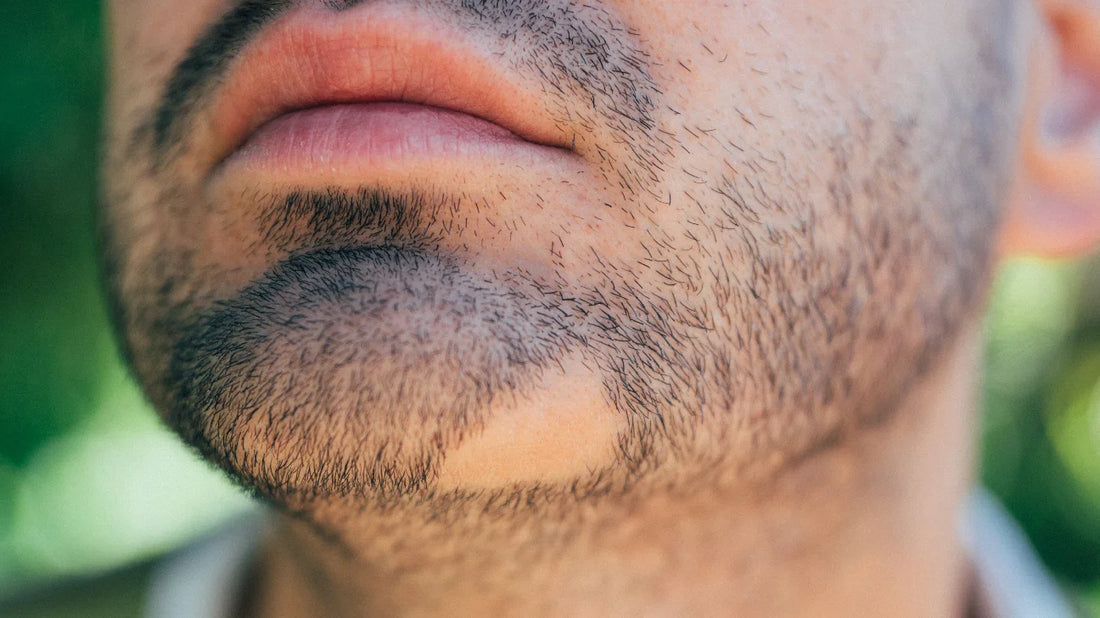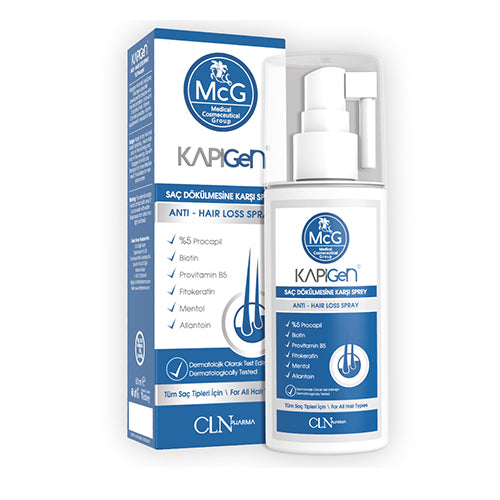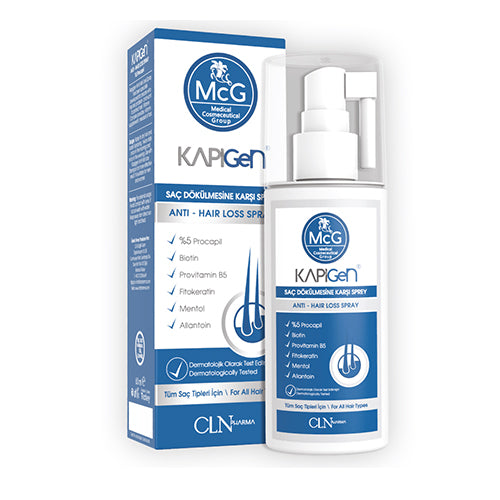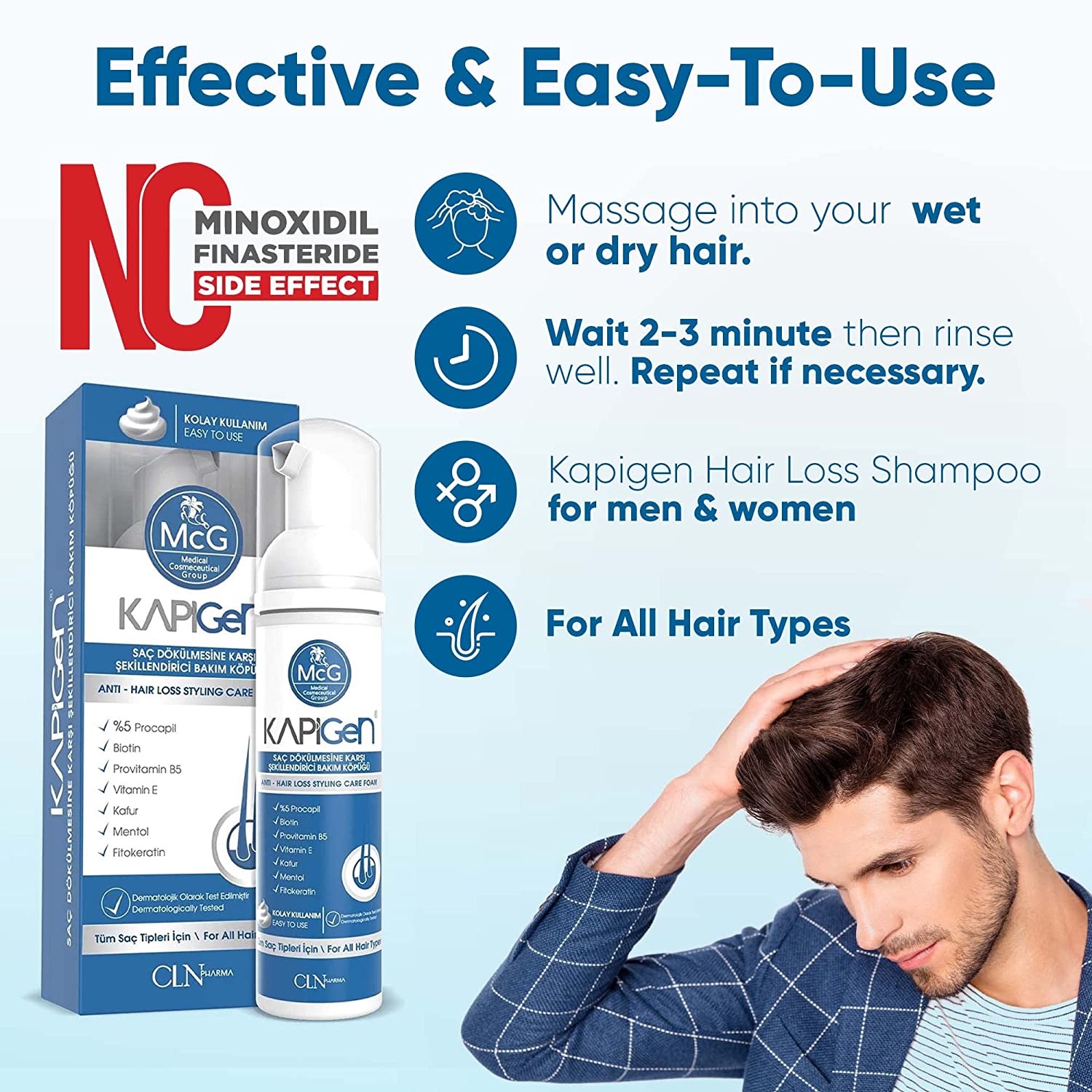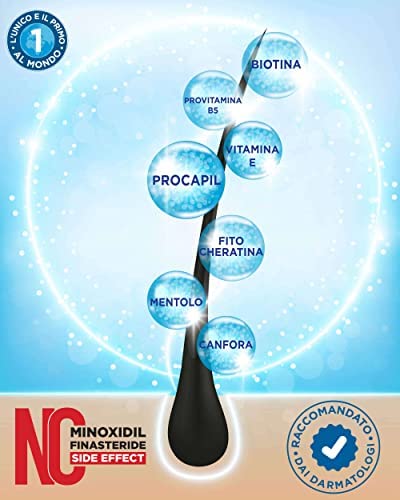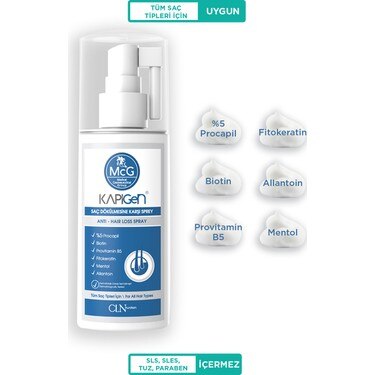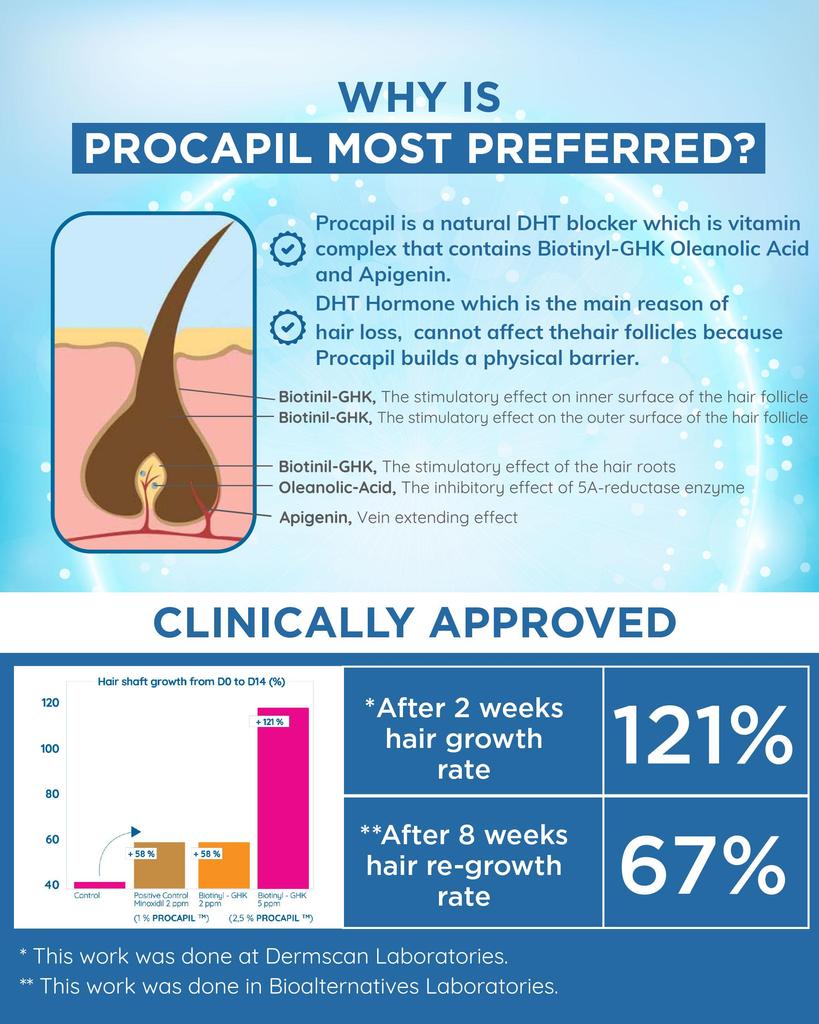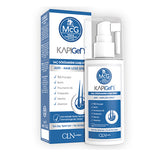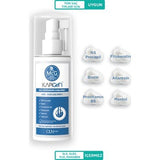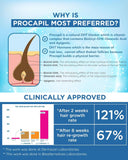Procapil for Alopecia Areata: Effectiveness, Benefits, and Usage Guide
Alopecia areata, a condition characterized by sudden hair loss, can be distressing and impact an individual's self-esteem. Many people seek effective solutions to combat this condition and promote hair regrowth. In recent years, Procapil has emerged as a popular ingredient in hair care products claiming to address alopecia areata. In this article, we will explore Procapil's effectiveness in treating alopecia areata and delve into its benefits, usage, potential side effects, and alternative remedies.
Introduction
Hair loss affects millions of people worldwide, and alopecia areata is one form of hair loss that can lead to patchy or complete baldness. This autoimmune disorder occurs when the immune system mistakenly attacks hair follicles, resulting in hair loss. While there is no definitive cure for alopecia areata, various treatment options are available, ranging from conventional approaches to natural remedies.
Understanding Alopecia Areata
Before delving into Procapil's effectiveness, it's essential to grasp the fundamentals of alopecia areata. The condition manifests as circular patches of hair loss on the scalp, beard area, or other parts of the body. In some cases, it may progress to alopecia totalis (complete scalp hair loss) or alopecia universalis (total body hair loss).
Causes of Alopecia Areata
The exact cause of alopecia areata remains unknown, but it is believed to be an autoimmune disease triggered by a combination of genetic and environmental factors. Stress, hormonal imbalances, and certain medical conditions have also been associated with its onset or exacerbation.
Traditional Treatment Approaches
Conventional treatments for alopecia areata include corticosteroids, topical immunotherapy, minoxidil, and anthralin. These approaches aim to suppress the immune system, stimulate hair follicles, or modulate the immune response in affected areas. However, these methods may have limitations and side effects.
Introducing Procapil: What Is It?
Procapil is a patented hair care ingredient developed by combining three active substances: biotinoyl tripeptide-1, apigenin, and oleanolic acid. It is commonly found in shampoos, serums, and hair tonics targeting hair loss and promoting hair growth.
How Does Procapil Work?
Procapil's formulation targets the main causes of alopecia areata by enhancing blood circulation in the scalp, strengthening hair follicles, and preventing the formation of dihydrotestosterone (DHT), a hormone associated with hair loss. By nourishing the hair follicles and reducing the impact of DHT, Procapil aims to stimulate hair regrowth and prevent further hair loss.
Procapil and Alopecia Areata: Is It Effective?
The effectiveness of Procapil in treating alopecia areata has gained attention in recent years. While anecdotal evidence and user testimonials abound, it is crucial to consider scientific research and studies to assess its actual efficacy.
Scientific and Studies
Several scientific studies have explored the effects of Procapil on hair growth and its potential as a treatment for alopecia areata. One study conducted on male volunteers with androgenetic alopecia (a common form of hair loss) demonstrated that the application of a topical solution containing Procapil resulted in increased hair density and improved hair quality after a few months of use.
Another study examined the effects of Procapil on human hair follicles in vitro. The researchers found that Procapil stimulated hair follicle cell proliferation and extended the hair growth phase, known as the anagen phase. These findings suggest that Procapil has the potential to promote hair growth and counteract the effects of alopecia areata.
Benefits of Using Procapil for Alopecia Areata
Using Procapil for alopecia areata offers several potential benefits. Firstly, it targets the underlying causes of hair loss by improving blood circulation in the scalp and strengthening hair follicles. This can lead to healthier and stronger hair growth. Additionally, Procapil's ability to inhibit the formation of DHT can help prevent further hair loss and promote regrowth in affected areas.
Furthermore, Procapil is often incorporated into hair care products that contain nourishing ingredients, such as vitamins, minerals, and herbal extracts. These additional components can provide extra support for hair health, making Procapil products a comprehensive solution for individuals dealing with alopecia areata.
How to Use Procapil for Hair Growth
To maximize the benefits of Procapil for hair growth, it is important to follow the recommended usage guidelines. Different products may have varying instructions, so it is crucial to read and adhere to the specific directions provided by the manufacturer. In general, Procapil-containing products are applied topically to the scalp and massaged gently to ensure absorption into the hair follicles.
Consistency is key when using Procapil. Regular and prolonged use is often necessary to see noticeable results. It is important to remain patient and continue using the product as directed, even if immediate improvements are not evident. Results may vary from person to person, and it is advisable to consult a healthcare professional or dermatologist for personalized advice.
Potential Side Effects of Procapil
Procapil is generally considered safe for topical use and is well-tolerated by most individuals. However, as with any cosmetic or hair care product, there is a potential for sensitivity or allergic reactions. It is advisable to perform a patch test before using a Procapil-containing product for the first time. Apply a small amount of the product on a small area of the skin and observe for any adverse reactions, such as redness, itching, or irritation.
If any discomfort or adverse effects occur, discontinue use immediately and consult a healthcare professional. It is also important to carefully read the product labels and ingredient lists to identify any potential allergens or irritants that may be present.
Tips for Choosing Procapil Products
When selecting Procapil products, it is essential to consider certain factors to ensure quality and effectiveness. Here are some tips to help you make an informed choice:
-
Look for reputable brands: Opt for products from trusted and established companies known for their commitment to quality and safety.
-
Check the concentration of Procapil: Higher concentrations of Procapil may potentially yield better results. Look for products with a sufficient amount of Procapil for optimal effectiveness.
-
Read customer reviews: Take the time to read reviews and testimonials from other users who have tried Procapil products. Their experiences can provide valuable insights and help you make an informed decision.
-
Consider additional ingredients: Some Procapil products may contain complementary ingredients, such as biotin, vitamins, or herbal extracts, which can further support hair health. Assess your specific needs and preferences to choose a product that offers the desired combination of ingredients.
- Consult a healthcare professional: If you have any underlying medical conditions or concerns about using Procapil, it is advisable to consult a healthcare professional or dermatologist. They can provide personalized guidance and recommend suitable products based on your specific situation.
Customer Reviews and Testimonials
The experiences and feedback of other users can provide valuable insights into the effectiveness of Procapil for alopecia areata. Many individuals have reported positive results, including improved hair growth, increased hair density, and reduced hair loss after using Procapil products consistently over time.
Customers have praised Procapil for its ease of use, pleasant fragrance, and non-greasy texture. Some have noticed visible changes in hair texture, volume, and overall appearance. However, it is important to note that individual results may vary, and what works for one person may not yield the same outcome for another.
Other Natural Remedies for Alopecia Areata
While Procapil shows promise as an effective treatment for alopecia areata, it is not the only option available. Several natural remedies and alternative approaches have been explored for managing hair loss and promoting hair regrowth. These include:
-
Essential oils: Certain essential oils, such as lavender, rosemary, and peppermint oil, have been associated with stimulating hair growth and improving scalp health. They can be used topically or added to hair care products.
-
Scalp massage: Massaging the scalp increases blood circulation, which can promote hair growth. Use gentle circular motions with your fingertips to massage the scalp regularly.
-
Balanced diet: A nutritious diet rich in vitamins, minerals, and proteins is essential for healthy hair growth. Include foods like fruits, vegetables, lean proteins, and whole grains in your diet to provide the necessary nutrients for optimal hair health.
-
Stress management: Stress can exacerbate hair loss, so finding healthy ways to manage stress levels, such as exercise, meditation, or relaxation techniques, may help promote hair regrowth.
-
Herbal remedies: Certain herbs, such as saw palmetto, ginseng, and horsetail extract, have been traditionally used to support hair health and combat hair loss. Consult with a healthcare professional or herbalist to explore suitable herbal remedies.
Conclusion
Alopecia areata can be a challenging condition to deal with, but various treatment options are available to manage and promote hair regrowth. Procapil, with its potential to address the underlying causes of hair loss and stimulate hair follicles, has gained popularity as an effective ingredient in hair care products targeting alopecia areata.
Scientific research and user testimonials indicate that Procapil may offer benefits in reducing hair loss, increasing hair density, and promoting hair growth. However, individual results may vary, and it is essential to use Procapil products consistently and as directed to achieve optimal outcomes.
Incorporating Procapil into a comprehensive hair care routine, along with healthy lifestyle practices, can provide a holistic approach to managing alopecia areata. If you have concerns or specific medical conditions, it is advisable to consult a healthcare professional or dermatologist for personalized advice.
FAQs
-
Is Procapil suitable for all types of hair loss? Procapil primarily targets hair loss caused by alopecia areata. While it may have some benefits for other types of hair loss, it is advisable to consult a healthcare professional for a proper diagnosis and tailored treatment plan.
-
How long does it take to see results with Procapil? Results may vary depending on individual factors and the severity of the condition. It is important to use Procapil products consistently and follow the recommended usage guidelines. Some individuals may start noticing improvements in hair growth within a few months, while for others, it may take longer. Patience and consistency are key.
-
Are there any precautions or contraindications when using Procapil? Procapil is generally safe for topical use. However, it is recommended to perform a patch test before using a Procapil-containing product for the first time to check for any allergic reactions. If you experience any adverse effects, discontinue use and consult a healthcare professional.
-
Can Procapil be used by both men and women? Yes, Procapil can be used by both men and women experiencing alopecia areata or other forms of hair loss. However, it is advisable to choose products specifically formulated for your gender if available.
-
Can Procapil be used with other hair care products? Yes, Procapil can be used alongside other hair care products. However, it is important to read the instructions and guidelines provided by the manufacturer of each product to ensure compatibility and optimal results.
-
Are there any known side effects of using Procapil? Procapil is generally well-tolerated and does not typically cause significant side effects. However, as with any cosmetic or hair care product, there is a potential for individual sensitivity or allergic reactions. It is recommended to perform a patch test and discontinue use if any adverse effects occur.







